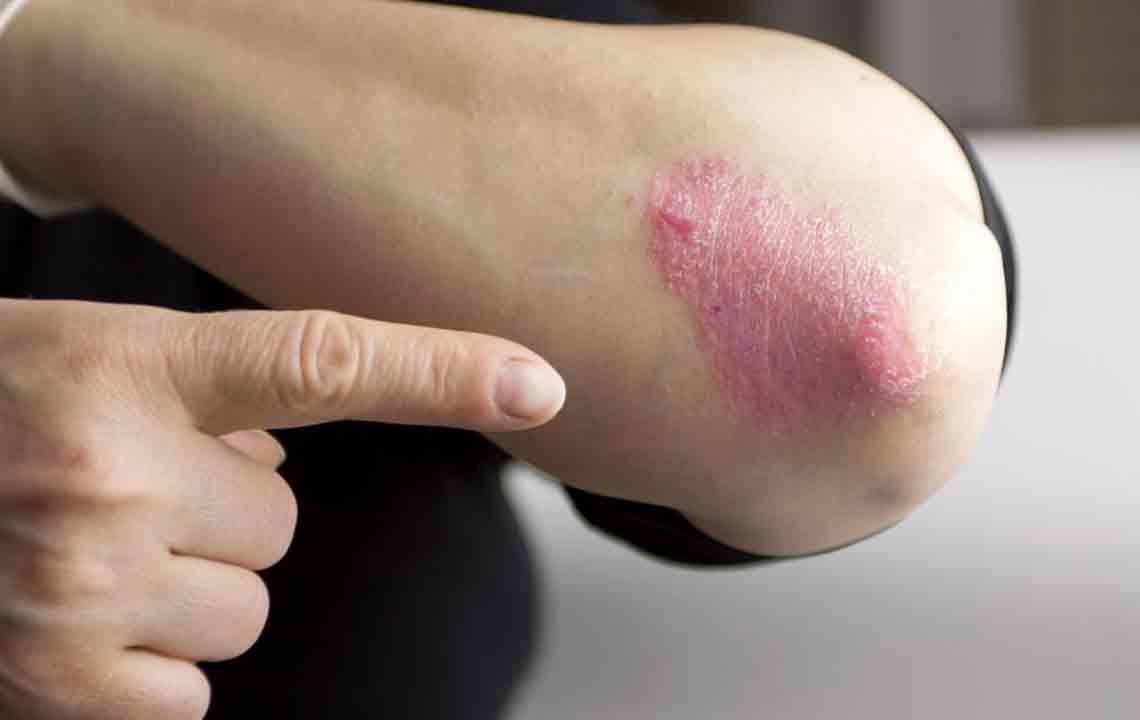Effective Strategies for Managing Psoriasis
Explore effective medical and natural approaches to managing psoriasis. Learn about treatments like biologics, phototherapy, topical medicines, and natural remedies such as cayenne, sea salts, fish oil, and aloe vera. Find personalized strategies to control symptoms and improve quality of life with expert care guidance.

Managing Psoriasis Effectively
Psoriasis is a chronic skin disorder characterized by red, scaly patches that can be dry and brittle. While it has no cure, symptoms can be controlled through various treatment options. Your healthcare provider might refer you to specialists like dermatologists, rheumatologists, or immunologists for personalized care. Management approaches include medical interventions and natural remedies, tailored to the type and severity of psoriasis, as well as patient-specific factors.
Medical Approaches to Psoriasis
Medical treatments for psoriasis include biologic drugs, oral medications, topical applications, laser procedures, and phototherapy. The choice depends on the psoriasis type, severity, patient's age, and disease progression.
Biologics: These protein treatments are delivered via injection or infusion and specifically target immune responses contributing to psoriasis. Although costly, biologics are effective for moderate to severe cases by reducing rapid skin cell growth. They are generally recommended for patients with significant symptoms.
Oral Medications: Drugs like cyclosporine and methotrexate influence bone marrow, kidney, and liver function. Otezla is a newer oral option that modulates immune molecules to decrease inflammation, offering a safer profile despite higher costs. Such systemic treatments require careful monitoring due to potential side effects.
Medications such as corticosteroids, calcium-modulating drugs, and tar-based preparations fall under topical therapies. These are primarily used for mild psoriasis or combined with other treatments for more severe cases, applied directly to affected skin areas.
Laser therapy utilizing pulsed dye or excimer lasers employs focused light to target psoriasis lesions. Excimer laser delivers UVB-like light, promoting skin healing, while pulsed dye lasers destroy abnormal blood vessels. Laser treatments are suitable for mild to moderate psoriasis but less practical for extensive, severe cases due to limited treatment zones.
Phototherapy involves controlled ultraviolet light exposure to large skin regions, particularly beneficial for severe psoriasis. Narrow-band UVB is the most common form, effectively reducing symptoms with minimal side effects. This method can be used alone or alongside medications, but prolonged UV exposure poses skin cancer risks.
Natural Remedies for Psoriasis
Some individuals opt for natural options to manage psoriasis, especially to avoid side effects associated with medications. Various holistic therapies and lifestyle modifications can provide relief. Here are some popular natural treatments:
Cayenne Pepper: Contains capsaicin, which alleviates pain and itching. Topical creams with capsaicin help reduce psoriasis lesions and discomfort by creating a burning sensation that relieves skin irritation.
Sea Salt Baths: Soaking in baths with Dead Sea salts or oatmeal reduces itching and scales. Soak for approximately 15 minutes, then apply moisturizer to lock in hydration. While useful, these treatments might be less effective than targeted remedies like cayenne.
Fish Oil Supplements: Taking daily fish oil capsules between 1.8 to 3.6 grams may mild reduce psoriasis symptoms due to their anti-inflammatory properties.
Aloe Vera: Though topical aloe vera offers limited benefits, some studies indicate it can be beneficial in managing certain types of psoriasis when applied directly to the skin.
Important Notice: Our website provides broad informational content across multiple categories. While the research and data shared aim to offer helpful insights, they are not definitive medical advice. Always consult healthcare professionals for personalized diagnosis and treatment. The site is not responsible for discrepancies or inaccuracies in third-party information, nor does it cover all available therapies and offers that might better suit individual needs.










